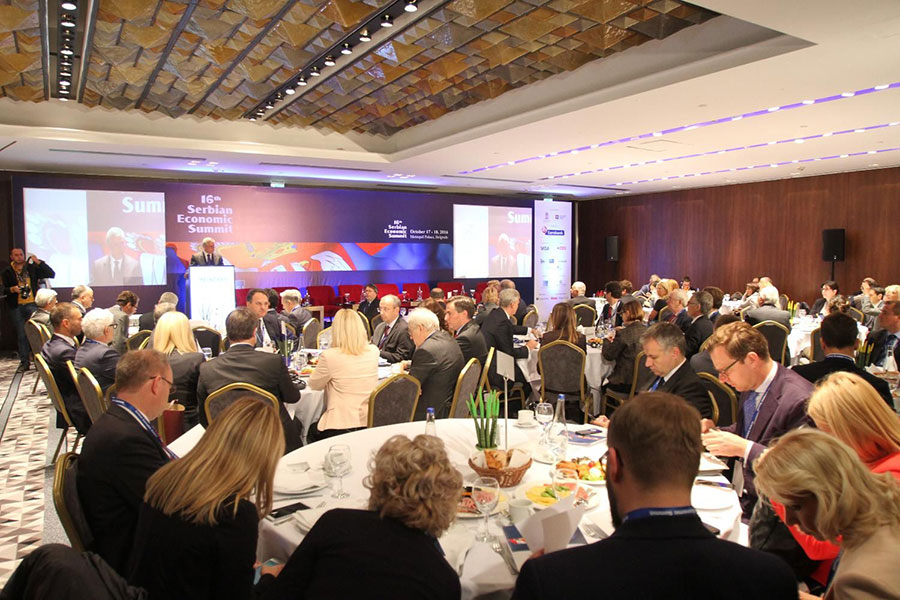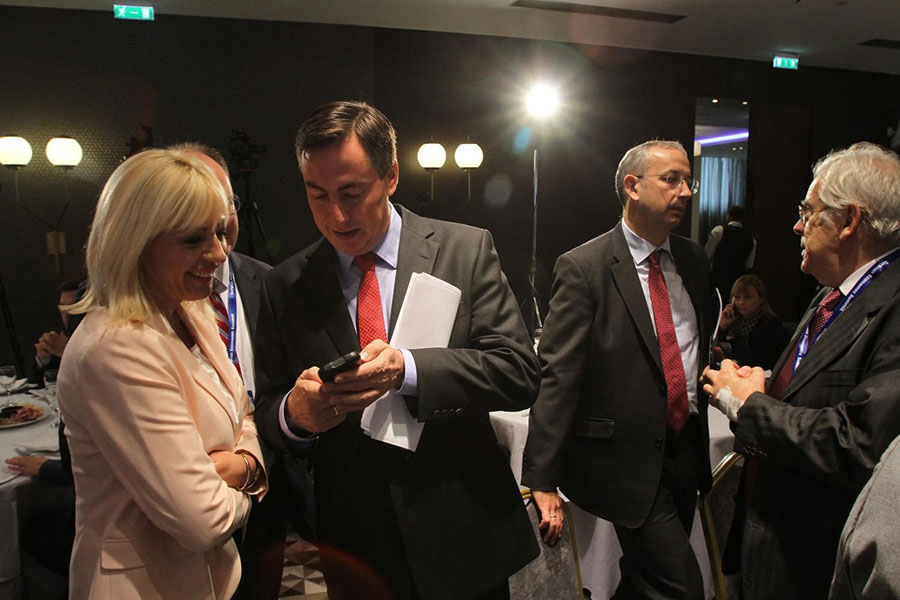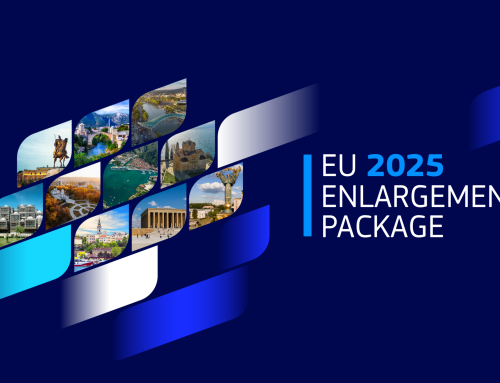The process of European integration is the driver of reforms in Serbia and the region and the European Union should explain to its citizens about the benefits of the process, concluded the participants of the panel ahead of Serbian Economic Summit.
European integration means a more stable and better future for citizens, and it is in our national interest to have a stable neighbourhood where the economy can grow, said Minister without portfolio Jadranka Joksimovic.
According to her, only an economically stable country can fully implement the reforms. Joksimovic said she had trouble understanding messages from the EU about the enlargement being off the agenda.
“There is no need to warn us about the enlargement being off the agenda, we are all aware of the developments in the EU and the Euroscepticism, but the EU remains the best place for us,” Minister said.
Head of the EU Delegation to Serbia Michael Davenport reminded that all 28 EU Members States were fully committed to enlargement despite the challenges the EU was facing, adding that Serbia was urged to draft its negotiation position for another 15 chapters.
“It is very important to note that the accession process could act as a driving force of reform implementation and modernisation of countries in the region,” he said.
According to Davenport, the EU may act as a major boost for regional cooperation in which Serbia plays a positive role. Davenport also said the EU would invest some EUR1.5 billion in the region in the next couple of years.

FoNet
European Parliament Rapporteur for Serbia David McAllister said the EU and the Government should explain to the citizens of Serbia that the process of EU integration was a good thing.
The process is undoubtedly in EU’s interests because in the Union we need peaceful, stable and democratic countries.
Head of Serbian negotiating team Tanja Miscevic reminded that Serbia did some of the accession things differently from the others and as an example cited the way it engaged civil society and business community in the process.
According to her, the reason Serbia engaged the entire civil society and business community in the process is because it needed to set up a system and adequately prepare for EU membership.
German Ambassador Axel Dittmann said the process of EU accession was very important as it in fact represented the process of internal transformation.
“Serbia is on the right track and we can already see it making progress in certain areas such as fiscal consolidation and adoption of legislation, but what matters right now is to strengthen private investment, SMEs and start-ups,” he said.
Director General of European Anti-Fraud Office (OLAF) Giovanni Kessler presented the results of a recent survey which showed that citizens of Serbia considered crime to be the third biggest problem, whereas the citizens of the EU placed it tenth.
“People in Serbia believe that crime, lack of the rule of law and wide-spread corruption affect their daily lives and we know that such beliefs have changed the political lives of many countries,” he said.
Kessler said the anti-corruption strategy should be made part of the economy strategy and added that due to the transnational nature of crime, it required all actors to cooperate.
“The EU supports Serbia in these efforts whereas OLAF maintains good cooperation with Serbian authorities,” he added.




